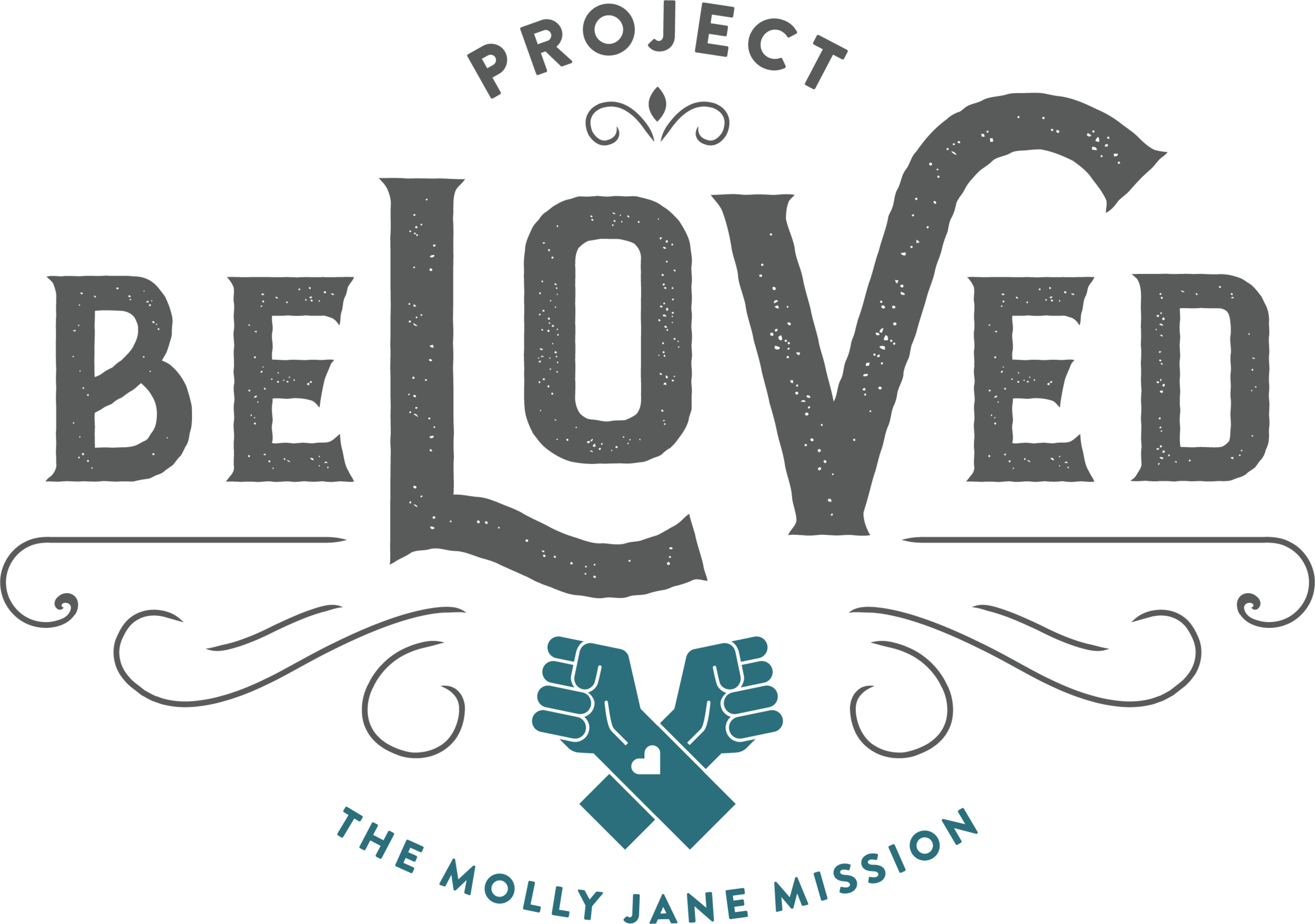Anyone who has suffered the horrific loss of a loved one know how hard it is to deal with the alchemy of emotions. Anger competes with despair to fuel a sense of futility. The suffering of the person who died crushes the spirit. The permanence of death haunts the future.
People who manage to find peace through positivity are rare and remarkable. Against that already difficult standard, Tracy Matheson’s Project Beloved pushes the bar even higher.
Matheson is from Texas. But she was in Charlottesville Monday to furnish and decorate what she calls a “soft” interview room at the city’s Commonwealth’s Attorney’s office. The padded, swiveling chairs, the indirect lighting, the basket of blankets and the beautiful nature photographs on the walls work together to create a cocoon for crime victims at their most vulnerable moments.
Creating rooms like this one room also allows Matheson to envelop herself in the love she still feels for her daughter, Molly Jane. Matheson’s daughter lost her life in one of the most terrible ways possible. A serial rapist sexually assaulted and strangled her. It was the kind of crime that not only destroys an innocent life, but also shatters those who must live without the person who is taken.
For Matheson, the path through a minefield of grief came from what might drive others to quit. She discovered that other rape victims of the man who killed her child had struggled to follow through on seeking justice before her daughter died. In some of those earlier cases, the investigative and interviewing process became unbearable.
And so, Project Beloved: The Molly Jane Mission came about. It was not born of bitterness or recrimination. It was not born of a need to make sense of something so senseless as to defy explanation. Matheson knew she could not end crime. What she could do was devote herself to making dealing with the life-changing trauma of crime, especially sexual assault, as bearable as possible.
For the soothing art in the Charlottesville soft interview room, Matheson settled on the photographs of Megan Getrum, a woman murdered by Molly Jane’s killer, five days after Molly Jane died. Along with soft lighting and comfortable seats, Matheson added an essential oils diffuser and a portable table that interview participants can write on. This is the comfort and atmosphere she hopes to create at prosecutor’s offices, police stations and educational institutions across the country.
The soft interview rooms she has constructed now number in the dozens. If they eventually number in the hundreds or thousands, Matheson likely will still feel the pain that came with the loss of her daughter and the violence of her death.
As Matheson told Daily Progress reporter Ginny Bixby:
“It is my reality. And the only thing that I could figure out how to make it through was by doing this. I would say probably it has saved my sanity to be able to have something like this to pour all of my mental energy and physical energy and take this horrific, unthinkable, unfathomable, incredibly awful thing and help it fuel this change that I hope to see come because of our efforts.”
Nobody gets to choose if they want to go through what Tracy Matheson did. More to the point, no amount of effort could truly prepare a person for it. Obsession with the possibility of unimaginable horror overtaking a life can breed a kind of social and emotional paralysis almost as debilitating as the horror itself. What remains for those dragged randomly into the miasma of criminal violence is to try to do what Matheson did. Focus the unavoidable pain in a way that morphs from a reason to give up into a reason to keep going.
Some—perhaps most—of us facing tragic loss will never be able to imitate the incredible example Matheson has set. But her story proves it is in everyone’s best interest to try.
NOTE from Tracy: This is a very lovely editorial. However, I would like to make one edit. It states, "She discovered that other rape victims of the man who killed her child had struggled to follow through on seeking justice before her daughter died." This is not entirely accurate. The victims did everything they should have done. They reported to law enforcement. They had a SANE exam. The system is who failed. The system did not believe the victims or failed to act in a timely manner. The system holds all of the blame for why the individual who killed Molly and Megan was left to roam the streets raping and strangling women at will.

